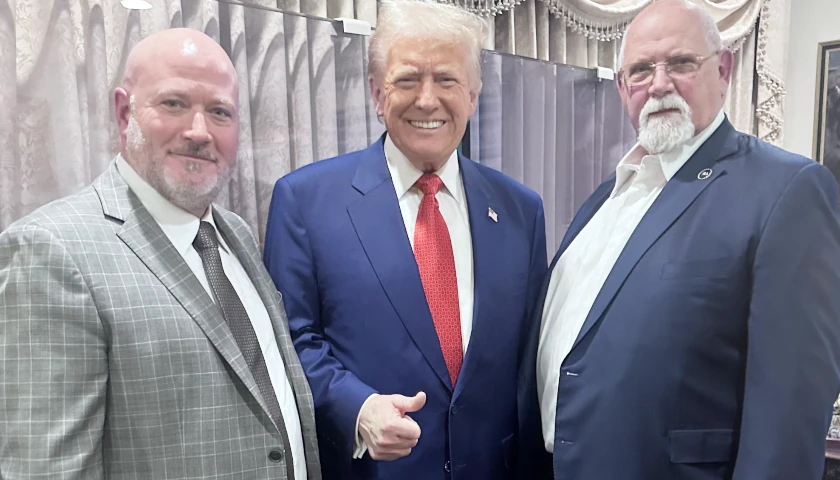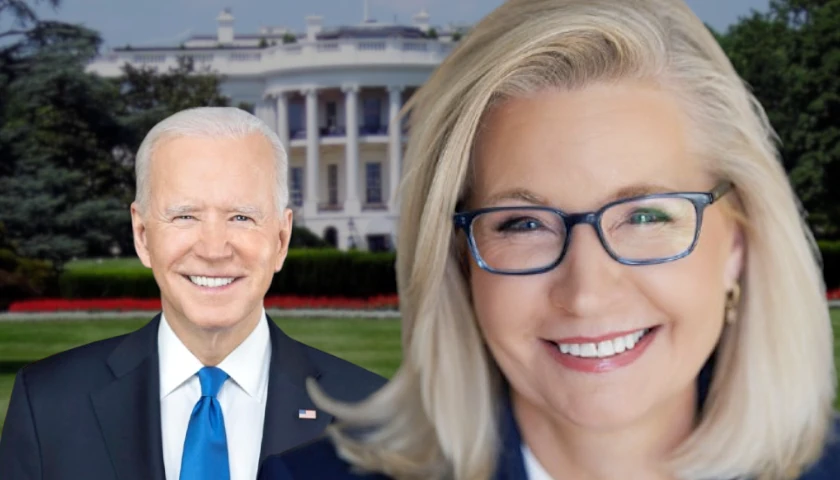by Christian Wade
A push to ban non-disclosure agreements in Connecticut is getting a boost from former Fox News anchors turned women’s rights advocates pushing for its approval.
Connecticut lawmakers are expected to revisit a proposal that would ban employers from imposing contracts that prevent employees from talking about their claims of workplace sexual harassment or assault. Democrats back in the proposal say they expect to file the bill in early 2024 when the new legislative session begins.
“Toxic workplaces and predators rely on silence and darkness to persist,” state Rep. Matt Blumenthal, D-Stamford, one of the bill’s primary sponsors, said during a briefing with reporters last week.
The move is getting a boost from Fox News anchor Gretchen Carlson, whose sexual harassment lawsuit led to the downfall of Fox News Chairman Roger Ailes.
Carlson (pictured above), who can’t legally discuss the details of her $20 million settlement, said non-disclosure agreements and out-of-court settlements are being used as tools by powerful men to silence their victims. She said the legislation “puts the power back in the hands of survivors.”
“Silence in America is an epidemic,” Carlson, who lives in Connecticut, told reporters during last week’s briefing on the bill. “One-third of all Americans sign NDAs on the first day of work with most people having no idea that they’re giving up their voice for anything that subsequently happens to them on the job.”
Another former Fox News anchor, Julie Roginsky, is also supporting the plan and says NDAs create a “culture that protects predators at the expense of survivors.”
“All of us want to go to work every single day with dignity, in a workplace free of fear,” she said during the briefing. “We need to show Connecticut that together, all of you coming together, can make this happen and give survivors back their voice.”
Pro-business groups like the Connecticut Business and Industry Association argue that arbitration and other non-judicial remedies are crucial to resolving workplace conflicts. They say banning the practice would clog the courts with employment law cases.
“NDAs are especially beneficial for small businesses and start-up companies who invest in R&D where a leak in information to competitors would significantly hinder or kill growth and innovation,” Ashley Zane, the association’s senior public policy associate, said in a statement to news outlets.
Legal experts say a total ban on non-disclosure and arbitration clauses also raises constitutional issues.
To date, at least 14 states — California, Maryland, New Jersey, Tennessee, Vermont and Washington — have banned the use of non-disclosure agreements in settlements involving claims of sexual assault, harassment or discrimination.
The changes came largely in response to public revelations that Hollywood movie producer Harvey Weinstein and other high-profile actors and business executives used non-disclosure pacts to keep quiet the details of settlements with victims.
Last year, President Joe Biden signed a bill that sets limits on the use of non-disclosure agreements in cases of sexual assault and harassment in the workplace. The so-called Speak Out Act prevents employers from enforcing certain non-disclosure and non-disparagement clauses related to allegations of sexual assault and sexual harassment.
Connecticut lawmakers have pushed to ban NDAs in previous legislative sessions, but the effort has failed to gain enough momentum.
In 2019, a proposal eliminating NDAs in the workplace was approved by the Legislature’s Committee on Labor and Public Employees but didn’t come up for a vote in the state Assembly or Senate.
– – –
Christian Wade is a contributor to The Center Square.
Photo “Gretchen Carlson” by TED Conference. CC BY-NC-ND 2.0.








